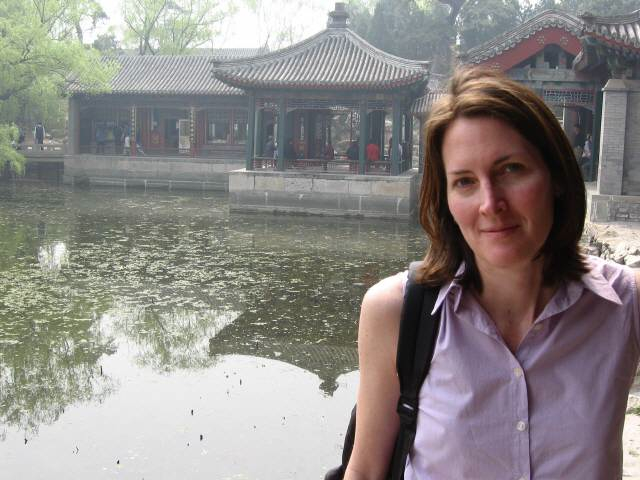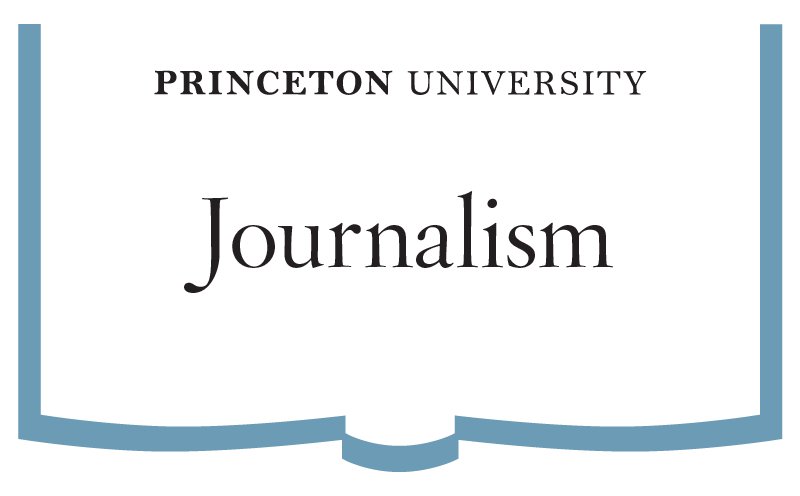
Whose Century Is It?: Variables shaping China’s future in the world
Mary Kay Magistad former East Asia correspondent for NPR and PRI/BBC's "The World," current host of the "Whose Century Is It?" podcast
November 28, 2017 · 4:30 pm · A17 Julis Romo Rabinowitz Building
Paul and Marcia Wythes Center on Contemporary China, Princeton-Harvard China and the World Program

On Tuesday, November 28, at 4:30 p.m., former East Asia correspondent for NPR and PRI/BBC’s “The World” and current host of the “Whose Century Is It?” podcast Mary Kay Magistad will draw on her 15 years living and reporting in China and recent China-related reporting for her podcast in a talk that will offer a few ways to think about whether this is, or might yet become, China’s century, and how we’d know if it was.
Journalism students are welcome to register to attend a casual dinner with Magistad, hosted by Professor Tom Christensen, following the talk, and/or to sign up for office hours with Magistad on Wednesday, November 29, from 10:30 a.m. to 12:00 p.m.
Abstract
If the 20th century was America’s, is the 21st China’s? China’s current leaders, Xi Jinping in particular, appear to be making that bet, projecting power and offering economic opportunity throughout the region and beyond. And that’s certainly one plausible future. But there are also other plausible futures that could play out if variables ranging from demography to climate change to domestic political and social pressures to the changing capacity of potential competitors develop differently than China’s leaders currently seem to expect.
Speaker
Mary Kay Magistad is the creator and host of the “Whose Century Is It?” podcast, exploring ideas, trends, and twists shaping the 21st century. She is a former research fellow at the Institute for the Future in Palo Alto. As an international correspondent, Magistad lived in and reported on East Asia and beyond for almost a quarter century, including almost 15 years in China. She started in Southeast Asia in 1988, reporting on Cambodia’s civil war, Burma’s military crackdown on pro-democracy demonstrators, and Vietnam’s efforts to embrace economic reform and end its post-war isolation. Magistad reported for NPR, The Boston Globe, The Washington Post, and other media, before becoming NPR’s full-time Southeast Asia correspondent in 1993. She opened NPR’s first China bureau in 1996, and traveled and reported widely in China, Hong Kong, Taiwan, and the greater East Asian region. Magistad did Nieman and Radcliffe Fellowships at Harvard, then returned to China as China correspondent for the PRI/BBC program “The World.” In her decade in that position, from 2003 to 2013, she won several awards, including a DuPont-Columbia Silver Bation, an Overseas Press Club award for a series on China’s “one child” generation, and a Society of Professional Journalists award for a series on China’s quest to become a global power in innovation and the challenges it faces in achieving that. Magistad has an M.A. in international relations with a concentration in development studies from the University of Sussex in England, completed as a Rotary Scholar, and an undergraduate degree in journalism and history from Northwestern University. She has taught international reporting at University of California, Berkeley.












